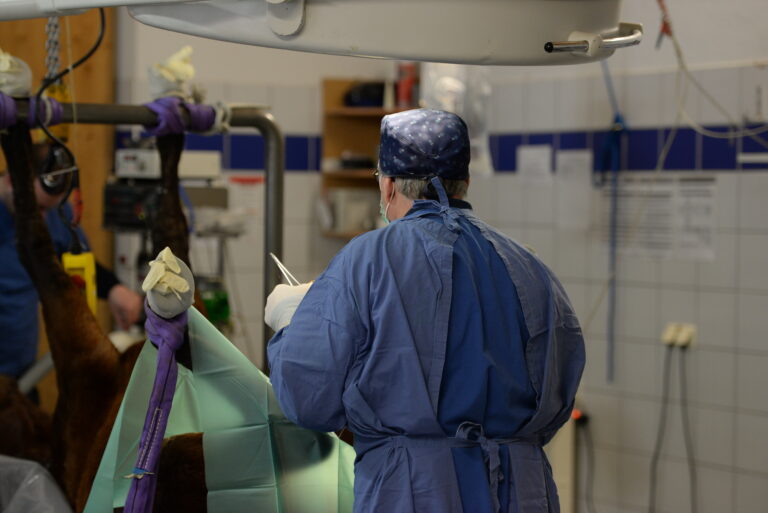
The Canadian Animal Health Surveillance System reported an outbreak of neurologic equine herpesvirus on a single premises in southern Saskatchewan. The first clinical signs noted were six sporadic abortions in a group of 70 late-term broodmares. This was followed by severe neurological signs in five horses that were subsequently euthanized.
Equine herpesvirus type 1 (EHV-1) was confirmed by PCR on June 4.
The premises has self-quarantined under the supervision of the herd veterinarian. It is anticipated that all animals currently on the premises will not be moved for a period of several months. No animals were moved off the premises in the weeks prior to the outbreak. Animal movements onto the farm in the weeks prior to the outbreak are being investigated to try to identify a potential source of introduction of the virus.
Information for this report were provided by the Equine Disease Communication Center.








